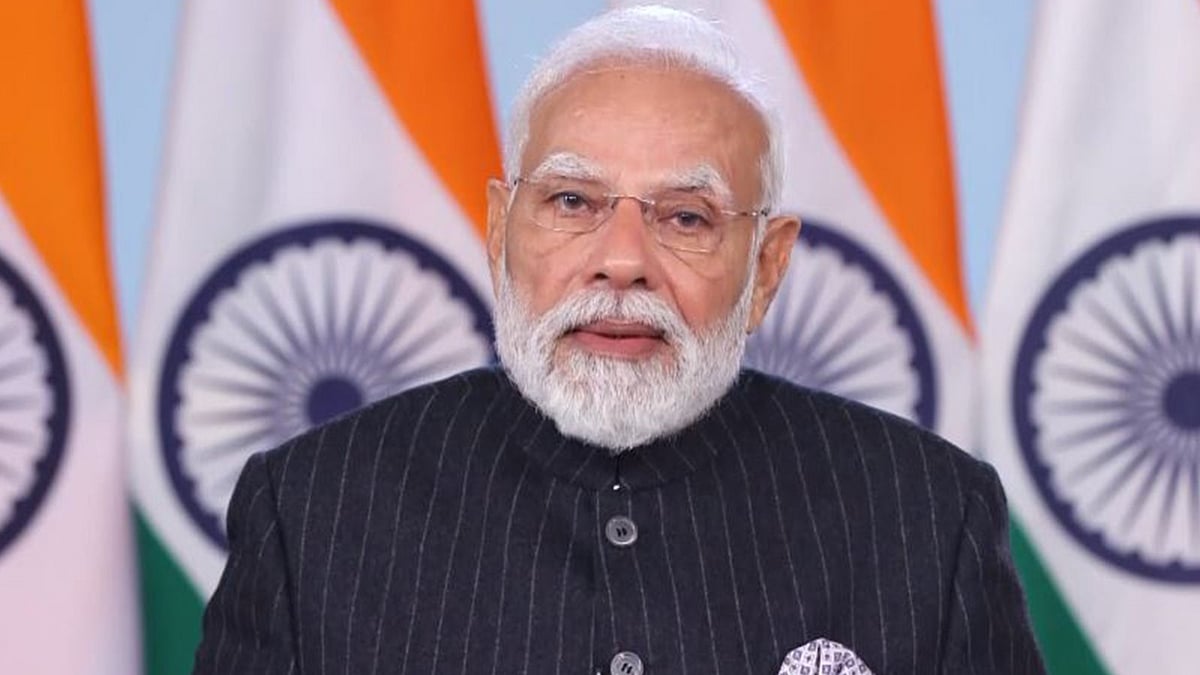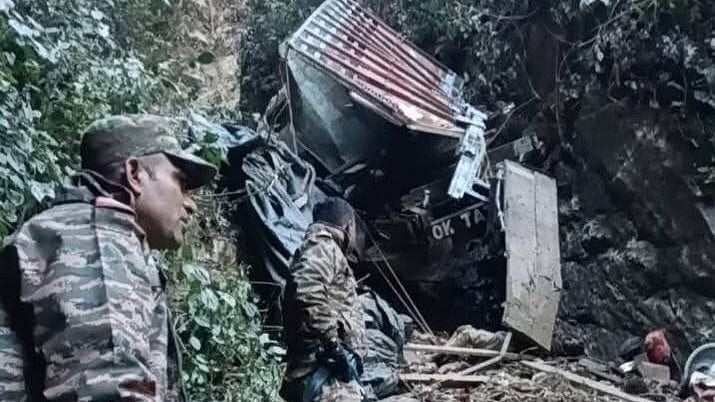The Print journalist, Ananya Bhardwaj, faced massive backlash online after publishing a report detailing the whereabouts of Former Bangladesh Prime Minister Sheikh Hasina who was forced to flee to India after unrest in her country. Bhardwaj was accused of threatening national security, doxxing and acting as a CIA stooge amid reports of death threats and assassination attempts on Hasina.
Bhardwaj’s report revealed that Hasina has been residing in New Delhi’s Lutyens Bungalow Zone, an area known for housing prominent officials. Hasina arrived in India on August 5, hours after resigning amid protests that resulted in over 400 deaths. The story claimed that Indian authorities are maintaining her safety while omitting specific details about her exact location for security reasons.
However, the article drew criticism from social media users who accused Bhardwaj of endangering national security by publicising sensitive information about Hasina amid rising tension in Bangladesh.
X user @maxi_ank called her a “CIA stooge,” while @krishna03108888 questioned the ethics of her reporting, stating, “You cheap self-called journalist… How can you leak a national security matter just for some cheap name?”
User @rjkiranofficial called for action against Bhardwaj and wrote,"Shocking revelations! Journalist Ananya Bhardwaj from @ThePrintIndia allegedly leaked sensitive info on Bangladesh PM Sheikh Hasina’s location while she’s seeking refuge in India. This disclosure exposes her to serious threats. Should journalism have limits? Has The Print crossed the line?@AmitShah must take action on such media houses and so called journalists!!"
One user even called Bhardwaj's report as doxing. In a post on X, he wrote, "I would call this article doxxing on behalf of a foreign interest compromising national security while instigating anti-national elements in India, and Bangladesh."
Netizens even compared Bhardwaj to former NDTV journalist Barkha Dutt who faced similar backlash during the Kargil War for allegedly revealing the whereabouts of Indian soldiers in her report on national television.
One user @satyaagrahindia wrote, "These media houses are a disgrace to India! This is nothing less than an open call for Sheikh Hasina's assassination through a terror attack. @HMOIndia and @NIA_India must act immediately. Ananya Bhardwaj is the new Barkha Dutt."
User @AyushKumar33768 commented, “You dumbo acting like Barkha Dutt and disclosing location of people whose life can be at risk.”
Another user @fairdinkum82 wrote.,"You backstabbing Barkha Dutt f***ers! She's taking political refuge in India and as a media outlet you know what that means. Live your conscienceless life with the money that's credited into your accounts by Uncle Sam and Soros for revealing such sensitive information!
Others demanded Bhardwaj’s arrest, with @Learning_Rana suggesting she should face legal repercussions for "treason."
However, certain reactions went beyond criticising the content of the article and divided into personal attacks on Bhardwaj.
Comments from users such as @jajpurbohu and @debashispharma labelled her with inflammatory terms, casting doubt on her patriotism and ethics. Some even directed their anger toward The Print, questioning why the publication would support such reporting.
Bhardwaj’s report comes amid growing tensions in Bangladesh. Hasina and her political allies are facing scrutiny from the International Crimes Tribunal (ICT) in Bangladesh, which has issued warrants against her and several Awami League leaders, accusing them of crimes during the recent protests.
While Indian authorities have not officially confirmed Hasina’s presence, the report suggests that her relocation was facilitated discreetly by high-ranking officials, including National Security Adviser Ajit Doval.
As the debate around Bhardwaj’s article intensifies, questions have been raised regarding the balance between press freedom and national security. While some defend her right to report on significant political developments, critics argue that journalists should prioritise security in sensitive matters.
Neither Bhardwaj nor The Print has publicly commented on the backlash.
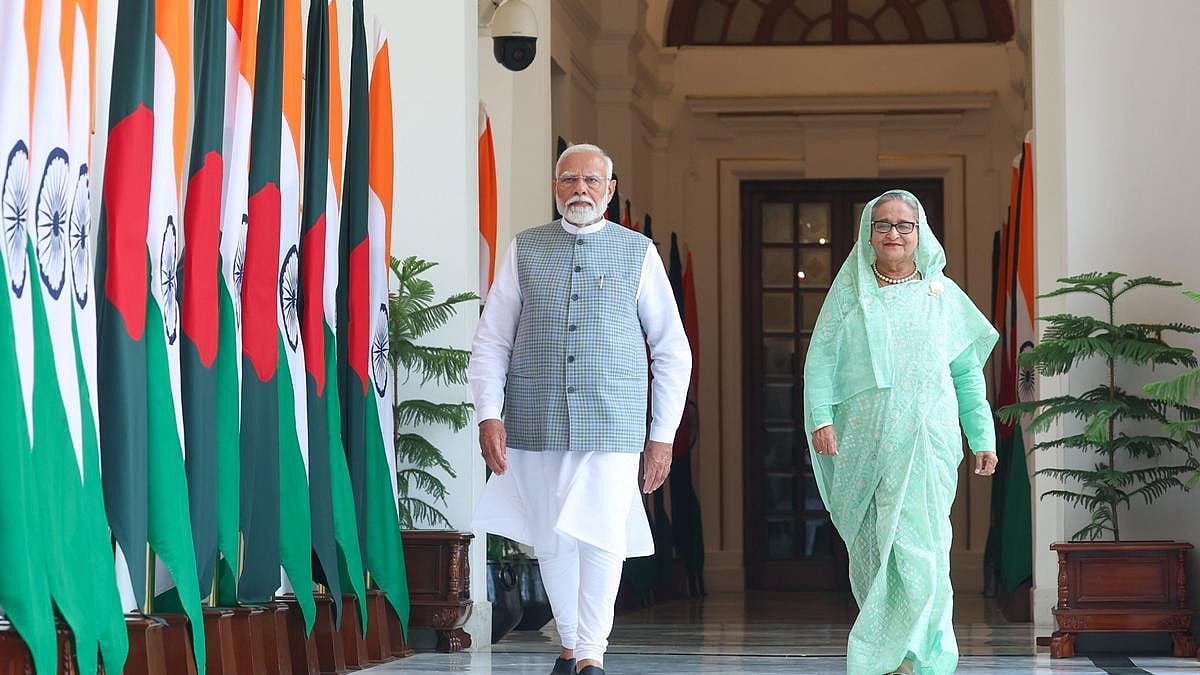
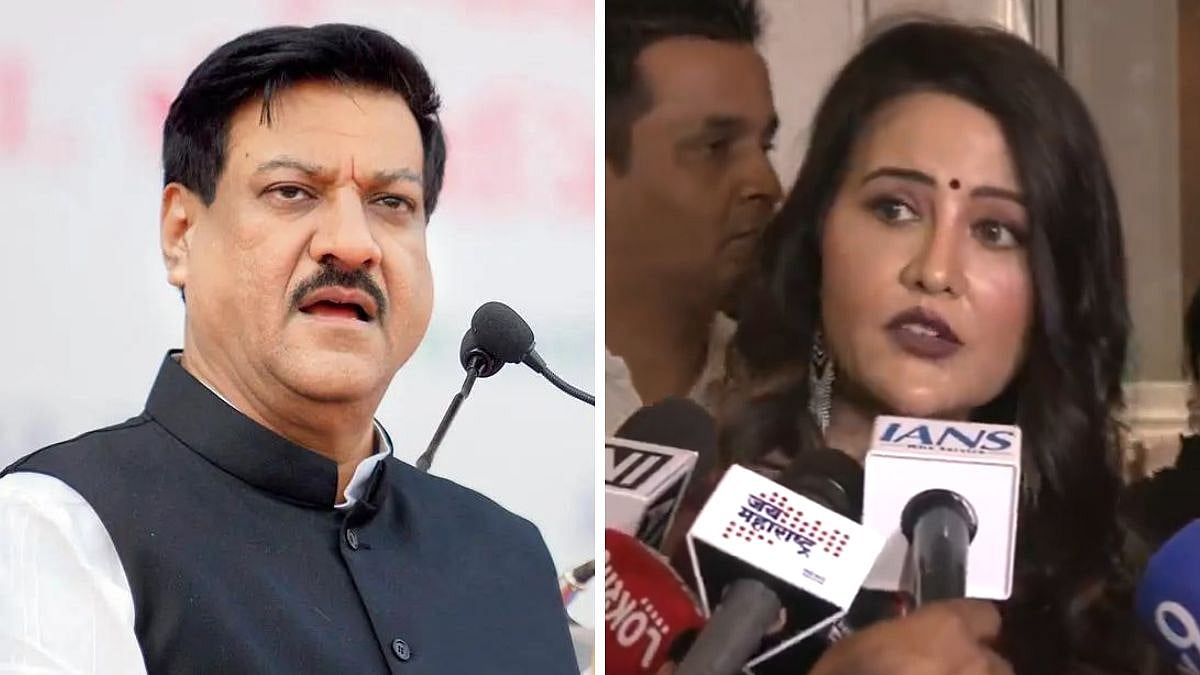

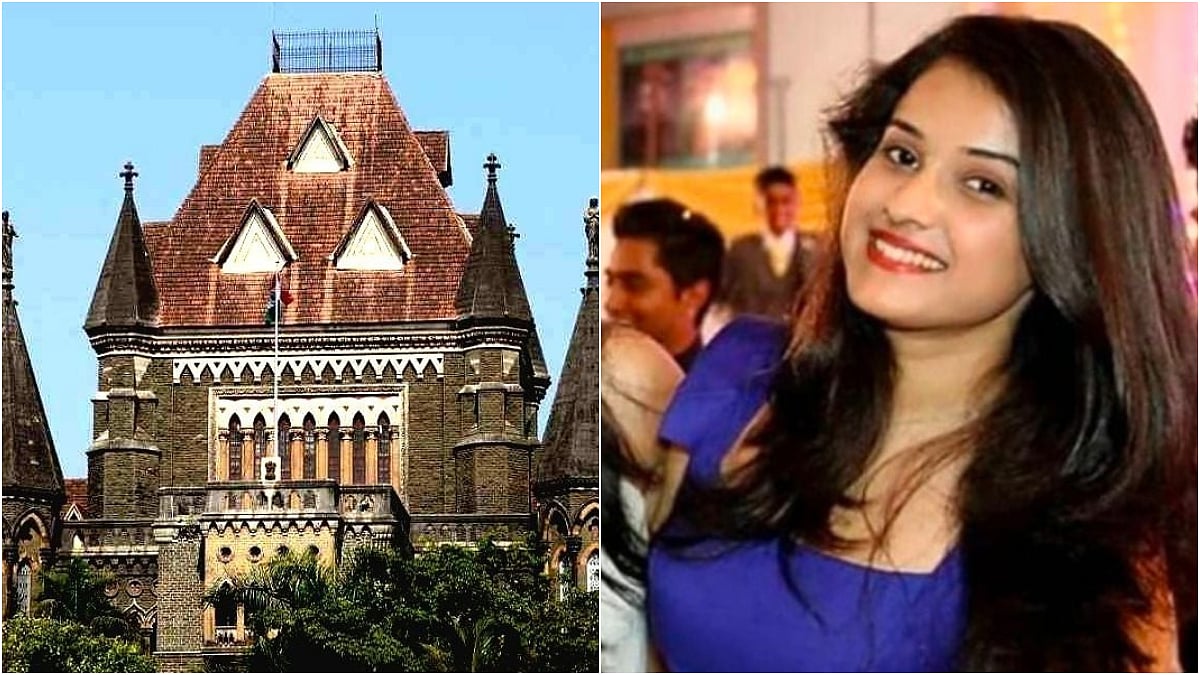

.jpg)


